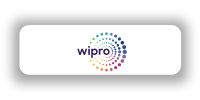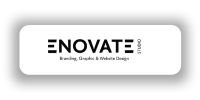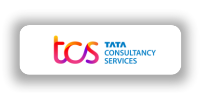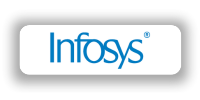A Complete Guide to C Programming Course in Kerala
A Whole Guide to C Programming Course : Learn skills that are in demand and become equipped for work in Kerala.

What you'll learn
Do you dream of building software applications, games, or interacting with hardware? Our C Programming Course equips you with the foundational skills to become a proficient C programmer.
Whats Material Includes?
- Introduction to C Programming:
- Building Blocks of C:
- Control Flow Statements:
- Functions in C:
- Arrays in C:
- Pointers in C:
- Strings in C:
- Introduction to Data Structures
- Project Development and Portfolio Building
- Advanced C Topic
- Memory Management

Complete a C Programming Course with Samantus
- Live Project
- 95% Practical
- 100% Placement help
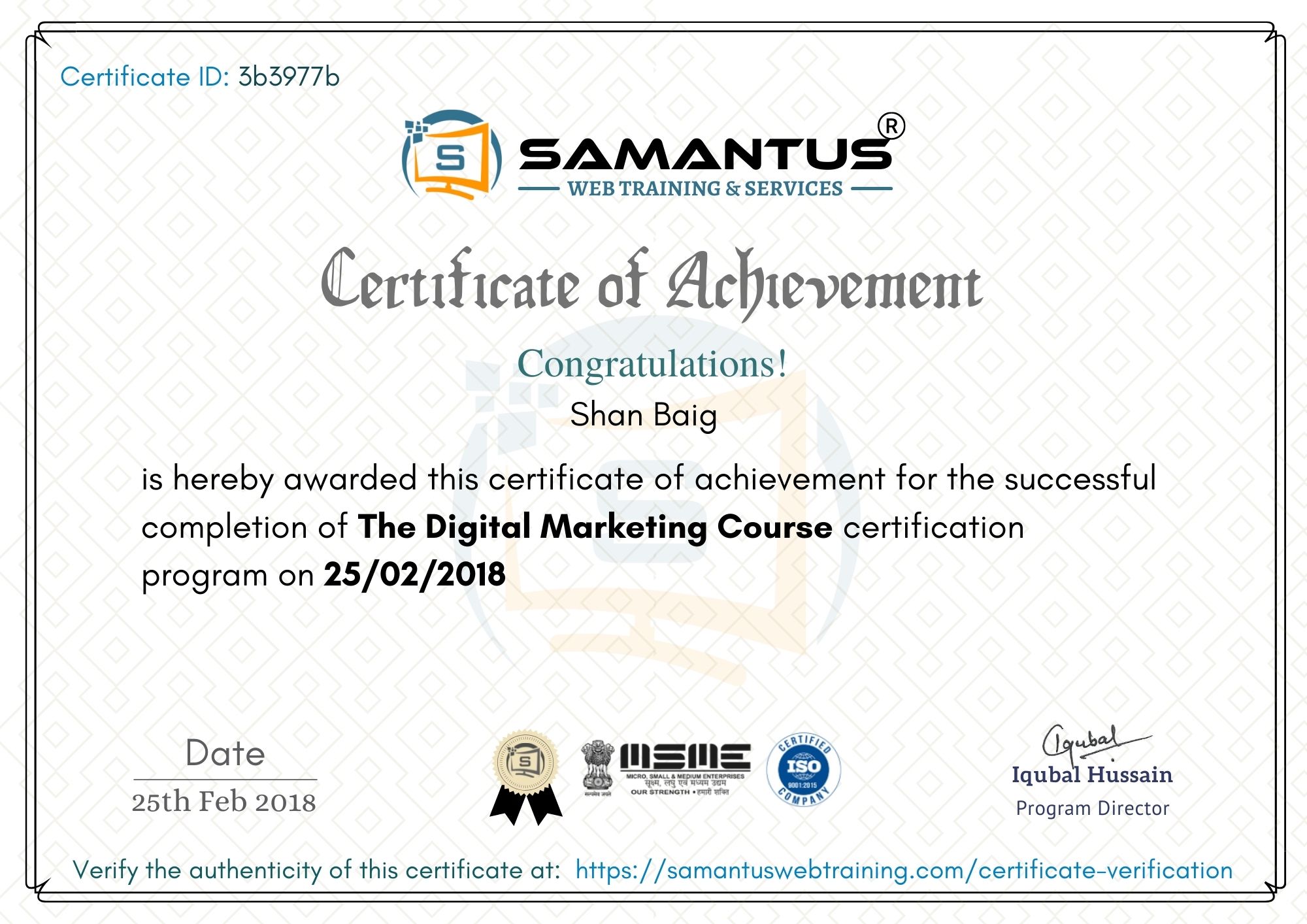
Get a Certificate in C Programming Course in Kerala
Unlock Your Potential: Get Your C Programming Course Today
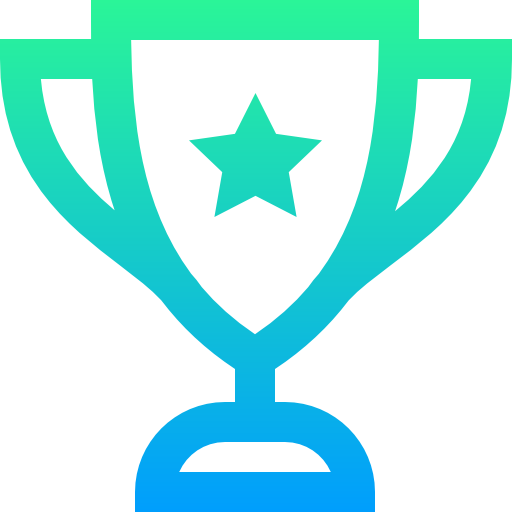
Award winning
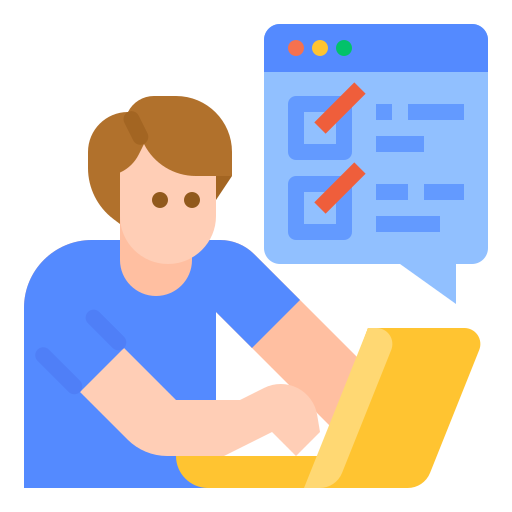
Make your Career
Course Curriculam
Module 1: Introduction to C Programming:
Module 1: Getting Started with C
- Introduction to the C programming language: history, features, and applications
- Setting up a development environment: installing a C compiler and text editor
Module 2: Basic Syntax and Structure
- Understanding the basic syntax of C: variables, data types, and operators
- Writing and compiling a simple “Hello, World!” program
Module 3: Input and Output Operations
- Reading the user’s input: using the scanf() function
- Using the print() function to display the user’s output
Module 4: Control Flow and Decision-Making
- Using conditional statements: if, else, if, and else
- Implementing loops: while loop, for loop, and do-while loop.
Module 5: Functionalities and Modular Programming
- Defining and calling functions in C
- Passing arguments to functions and returning values
- Modular programming: organizing code into separate functions for reusability and maintainability
Module 6: Arrays and Strings
- Understanding arrays: declaration, initialization, and accessing elements
- Working with strings in C: string manipulation functions, input/output operations
Module 7: Pointers and Memory Management
- Introduction to pointers: Understanding memory addresses and pointer variables
- Dereferencing, pointer arithmetic, and dynamic memory allocation
Module 8: Structures and Unions
- Defining and utilizing C structures: grouping related data fields together
- Understanding unions: defining and accessing its members
Module 9: File Handling
- Working with C files: opening, reading, writing, and closing files
- Handling file input/output operations using standard file streams
Module 10: Preprocessor Directives and Macros
- Understanding preprocessor directives: #include, #define, and #ifdef
- Using macros for code abstraction and optimization
Module 11: Error Handling and Debugging
- Handling errors and exceptions in C programs
- Debugging techniques: using printf() statements, debugging tools, and error checking
Module 12: Project-Based Learning
- Applying C programming concepts to real-world projects and problem-solving scenarios
- Developing C programs to solve specific tasks, challenges, and algorithms
Students will have a firm grasp of the fundamentals of the C programming language by the end of this course, and they will be prepared to write, compile, and debug C programs for a variety of applications.
Module 2: Building Blocks of C:
- Master variables, data types (int, float, char, etc.) to store and manipulate data.
- Explore operators (arithmetic, relational, logical) for performing calculations and comparison.
Module 3: Control Flow Statements:
- Learn how to control the flow of your program using if-else statements, switch statements, and loops (while loops).
Module 4: Functions in C:
- Understand the concept of functions for modularizing your code and improving readability.
- Learn how to create functions, pass arguments, and return values.
Module 5: Arrays in C:
- Explore arrays for storing collections of data of the same type.
- Learn how to declare, initialize, access, and manipulate elements within arrays.
Module 6: Pointers in C:
- Grasp the concept of pointers, powerful tools for memory management in C.
- Understand pointer declaration, dereferencing, and their applications in C programming.
Module 7: Strings in C:
- Learn how to work with strings (arrays of characters) in C using built-in string manipulation functions.
Module 8: Introduction to Data Structures (Optional):
- Explore basic data structures like linked lists and their implementation in C (which may vary depending on the course).
Module 9: File Handling in C:
- Learn how to open, read, write, and close files for data storage and retrieval.
Module 10: Memory Management (Optional):
- Understand concepts like dynamic memory allocation (malloc, calloc, free) and avoid memory leaks.
Module 11: Advanced C Topics (Optional):
- Depending on the course, explore topics like structures and unions, preprocessor directives, or interfacing C with other languages.
Module 12: Project Development and Portfolio Building:
- Work on a comprehensive C programming project to solidify your skills and showcase your abilities.
Companies That Hire Digital Marketers
(Freshers & Experienced Required As Per Company Norms)
